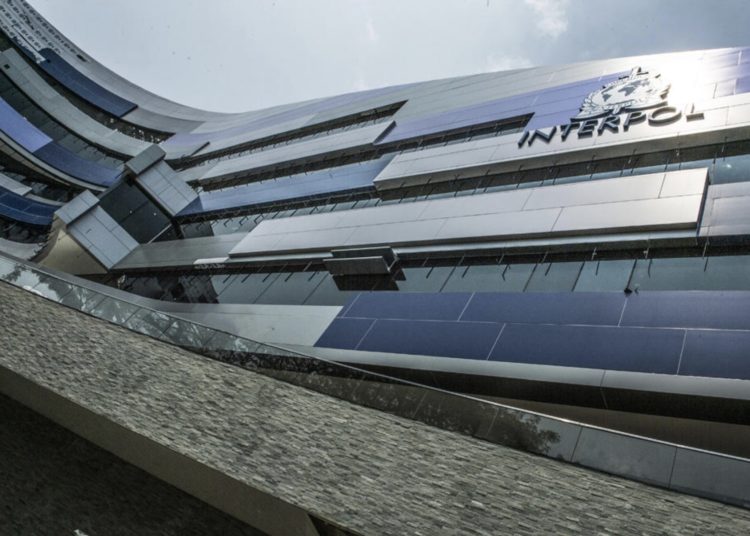Nordic Monitor/Stockholm
Turkey wants to execute a sinister plan to manipulate Interpol and advance the government’s political agenda by lobbying the International Criminal Police Organization (Interpol) General Assembly, which is to be held in Turkey in 2021.
The operation of Interpol is governed by the General Assembly, at which each of its 194 member countries gets one vote on proposed resolutions. The 88th General Assembly, held in Chile in October 2019, decided Turkey would host its 2021 meeting.
Turkey is well known for its relentless witch-hunt of dissidents, opponents and journalists abroad under the iron fist rule of President Recep Tayyip Erdoğan. As one of the most prolific transnational repressors, the Turkish government has not only abused Interpol’s Notices system but also its messaging and diffusions, especially Lost and Stolen Passports, in order to maintain pressure on government critics abroad and muzzle critical journalists who still write about Turkish affairs from exile.
Cognizant of Turkey’s blatantly abusive and brazenly absurd requests, Interpol denied Turkey access to several fundamental services such as the SLTD Database (Stolen and Lost Travel Documents) in the past.
Despite flagrant abuse of its mechanisms, Turkey is to host the 2021 General Assembly of Interpol, an organization Turkey is determined to manipulate to get what it wants. When Interpol shut off access by the Turkish police’s Interpol/Europol department to its databases after the Erdoğan government flooded the system with politically motivated filings, the Turkish government started plotting to bypass the restrictions and restore the access by lobbying the General Assembly as well as the Executive Committee, according to a secret Turkish government document obtained by Nordic Monitor.
The document, dated June 10, 2018, was apparently prepared after the Interpol General Secretariat informed the Turkish government in a letter on May 4, 2018 that the summary filings by Turkish authorities against 115 people who were believed to have been affiliated with the Gülen movement, a group critical of the government, were not acceptable. It also warned against new filings against these people, citing violations of the Interpol Constitution.
The General Secretariat’s letter specifically referred to Article 3 of the Interpol Constitution, which says, “[I]t is strictly forbidden for the Organization to undertake any intervention or activities of a political, military, religious or racial character.” It added that all filings made by the Turkish Interpol department would be deleted and urged it not to file new requests.
Almost a year after the document was distributed, Turkey had the opportunity to put its plan into effect at the 88th General Assembly of Interpol, held in Chile in October 2019, where it was decided Turkey would host its 2021 meeting.
However, according to Ben Keith, a leading London-based barrister specializing in extradition, immigration, serious fraud, human rights and public law, “allowing Turkey to host the General Assembly could be used by Interpol as an opportunity to rein in despotic regimes abusing the Red Notice system for political gain.” Yet, despite all the warnings and evidence of apparent abuse, it seems Interpol is prepared to overlook the reality of Turkey’s transnational repression and abuse to allow the country to continue as part of its inner circle. “Those countries that routinely abuse the system and human rights should not be allowed to benefit from it until they treat the Interpol system with respect,” he said.
Theodore Bromund, a senior research fellow at the Heritage Foundation, called the decision to allow Turkey host a General Assembly a “serious error” and noted that “Turkey is well-known as one of the member states that abuses Interpol most regularly and seriously,” as cited by the Ahval news website.
According to the Interpol website, the General Assembly is the organization’s supreme governing body, comprising representatives from each of member states. It meets once a year with each member state being represented by one or several delegates who are typically chiefs of police and senior ministry officials.
“Its purpose is to ensure that INTERPOL’s activities correspond to the needs of our member countries. It does this by determining the principles and measures for the Organization to reach its objectives, and by reviewing and approving the programme of activities and financial policy for the coming year,” the website noted.
The assembly’s decision-making process is made by either a simple or two-thirds majority, depending on the subject matter.












